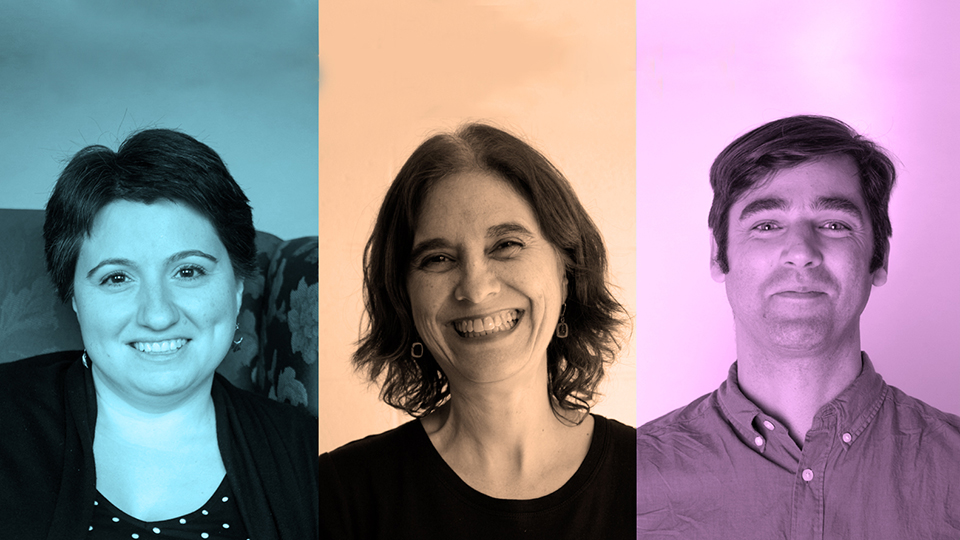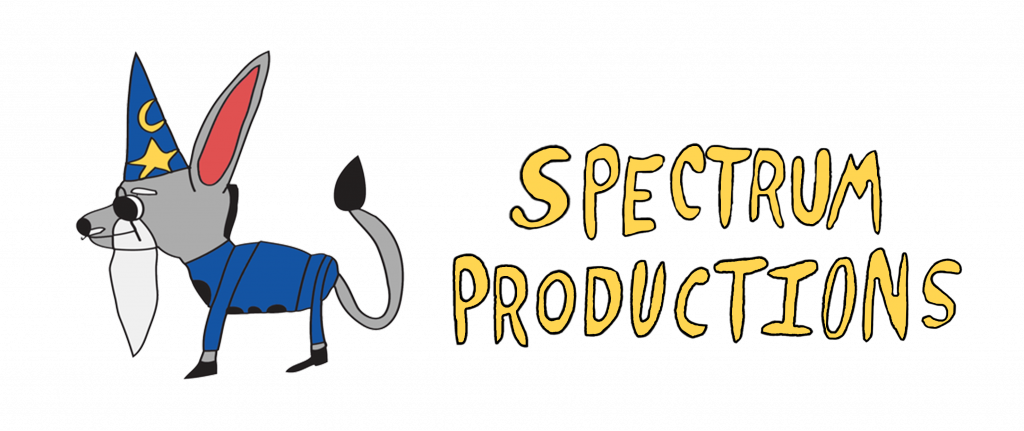Dan Ten Veen Liv Mendelsohn Cindy Schwart Best Practices and Institutional Models

As part of the project Interrogating Access: Resources for Artists and Organisations
A transcription of the presentation is available in PDF-A
The Interrogating Access series aims to equip artists, organisations and cultural workers with the means to better address accessibility issues in the arts and in media production. The round tables on best practices and institutional models regarding accessibility present concrete initiatives put forward by Quebec cultural organisations. The panellists will address the following questions:
• What does the notion of access represent in your field or organisation?
• What are the barriers to access that your publics or members experience?
• What concrete measures have you put in place to facilitate access to your services or to increase the participation of more diverse publics?
While recognizing that each organisation has different capacities and solutions to meet its own challenges, the ultimate goal of these roundtables is to generate ideas for actions that can be taken in order to improve the access conditions available to the staff, audiences and members of cultural organisations.
Conference in English with ASL interpretation
Free entry

Dan Ten Veen is the co-founder and director of Spectrum Productions, a non-profit organization created in 2010. Spectrum provides a unique platform for individuals with Autism Spectrum Disorder (ASD) to realize their potential and talent through creative, exploratory, and professional opportunities in video and media production. Dan graduated from Douglas College in the Classroom and Community Support diploma program with a specialty in autism. He went on to apply support ideas and principles in a variety of settings, including developing visual aids to teach cooking skills with a universal design approach, working in home support settings, supporting at-risk youth through recreational programming and integrating autistic youth in specialized education settings.
Liv Mendelsohn is the Artistic Director of the ReelAbilities Toronto Film Festival and Producer of the ReelAccess/CinemAccessible Guide. Liv is passionate about the power of arts and culture to create new opportunities and spaces open to everyone. At the Miles Nadal Jewish Community Center (MNjcc), Liv is the Director of Accessibility and Inclusion, and facilitates an ongoing initiative to assess and improve the accessibility of facilities, programs and services, guided by community advisory committees and a robust staff accessibility committee. The MNjcc has emerged as a hub of inclusive arts and culture. Liv is a 2018 CivicAction DiverseCity Fellow, and serves as a mentor in the AFP Fellowship in Inclusion and Philanthropy program. Liv recently completed Relaxed Performance training through the British Council. Liv holds a M.A. in the history of public health and a M.Ed. in counselling psychology.
Cindy Schwartz is born in Montreal. She worked with numerous dance organizations, including Les Grands Ballets Canadiens, Les Ballets Russes de Montréal, Les Ballets Jazz de Montréal, Isadora Duncan International Institute in New York and Louise Lapierre Danse. She holds a Master’s degree in Education from McGill University and has been teaching dance since 1990 to students with and without disabilities. She is the director Director of The Muses: Performing arts centre : ”While teaching recreational and after school programs in dance, I recognized that some participants with disabilities had talent in the performing arts. As these people were not integrated or had difficulty integrating into traditional academic programs, they lacked access to opportunities to study and become professional artists. In 2001, I was inspired to create The Muses, a full-time professional program where adults with disabilities are trained by professional artists to integrate into mainstream theatre, dance companies, or work with professional singers, filmmakers and on television”.
A transcription of the presentation is available in PDF-A
